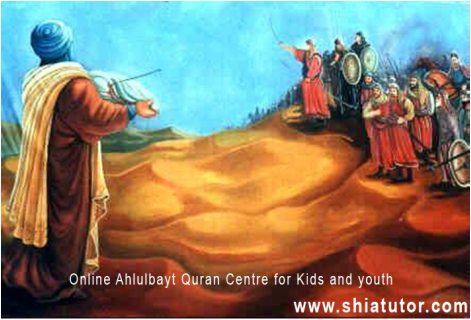
Muharram (It is the First month of the Islamic Calendar. Instead of joyous celebration, Muslims mark the beginning of the New Year by taking up the black attire of sorrow and participate in mourning gatherings in which the sacrifices of Imam Husain (pbuh) and his companions are commemorated.
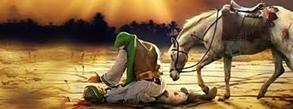

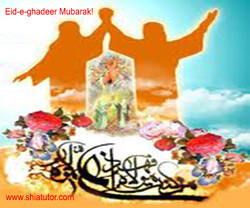

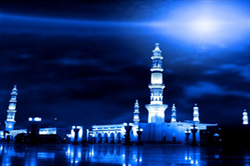


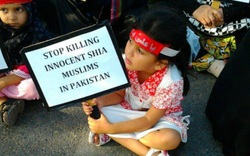

 RSS Feed
RSS Feed

